Home

Jeremy M. Hutson, FRS
MA, DPhil (Oxon)
Professor of Chemistry and Physics
Office CG103K
Tel +44 (0)191 33 42147
Email [email protected]
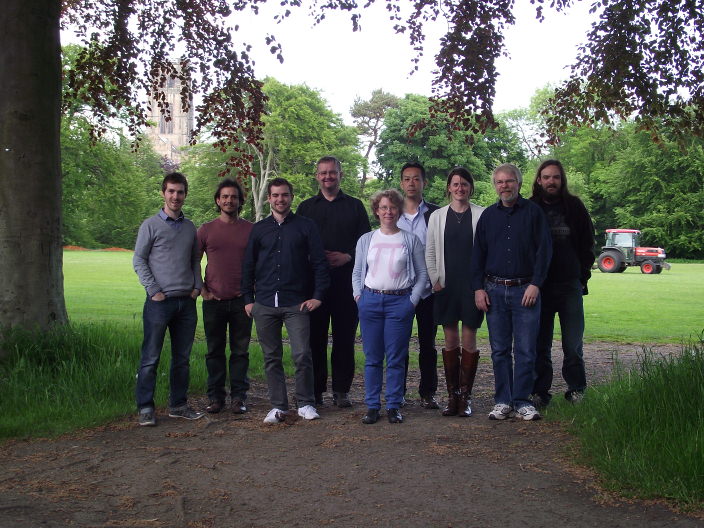
Jeremy Hutson is leader of the Cold Molecules Theory Research Group.
The group’s research interests are in the quantum mechanics and quantum dynamics of molecular interactions:
- Formation of ultracold molecules
- Properties of ultracold molecules
- Potential energy surfaces for ultracold collisions
- Control of ultracold collisions with electric, magnetic and microwave fields
- Use of ultracold molecules for quantum science
- Development of coherently controlled ultracold chemistry
Opportunities to join the research group
The group has received substantial new funding in 2025. Two new post-doc positions are currently advertised, with an application deadline of 4 January 2026. Further information and application details are here. A document summarizing the group’s research interests, aimed at potential post-docs, is available here.
We have several grants from the UK Engineering and Physical Sciences Research Council (EPSRC), including a very large Programme Grant entitled “Quantum Many-Body Physics with Ultracold Molecules” (2025-30). This is a joint experimental and theoretical project, together with colleagues in the Durham Physics Department (Simon Cornish), at Imperial College London (Michael Tarbutt and Ben Sauer), at Birmingham (Hannah Price) and at Kings College London (Joe Bhaseen). Others include EPSRC grants on “Cooling Molecules To Quantum Degeneracy” and “Controlling collisions between laser-cooled molecules and atoms” with the Tarbutt/Sauer group at Imperial, on “Leveraging Yb clock states to form lattices of CsYb molecules” with Simon Cornish’s group, and “Developing Molecular Quantum Technologies” for collaborations with cold-molecule groups at Harvard and Boulder.
The group takes Ph. D. students to work on the theory of cold and ultracold molecules. Funding can sometimes be found for outstanding students.
The group welcomes applications from well-qualified scientists to apply for personal Fellowships, including EPSRC Postdoctoral Fellowships, Newton International Fellowships and overseas government fellowships.
For German scientists, Jeremy Hutson’s Humboldt Research Award makes him eligible as a host for Feodor Lynen Research Fellowships.
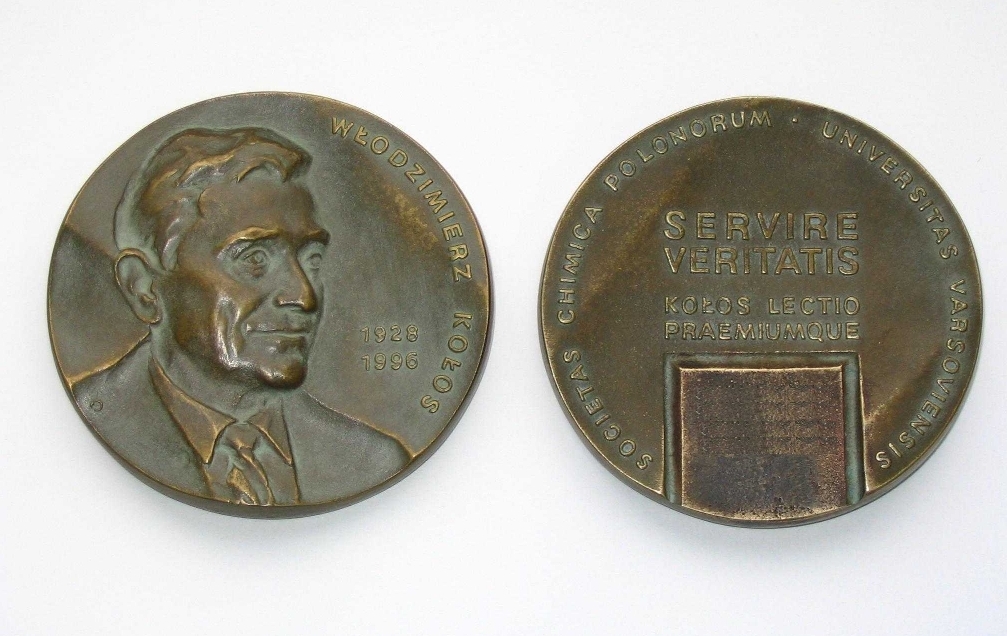
Recent awards
Thomson Medal 2016 (Institute of Physics)
Tilden Prize 2011 (Royal Society of Chemistry)
Elected Fellow of the Royal Society 2010
Humboldt Research Award 2010 (Alexander von Humboldt Foundation)
Computational Chemistry Award 2007 (Royal Society of Chemistry)
Kolos Medal 2007 (University of Warsaw and Polish Chemical Society)
International collaborations
Prof. Jun Ye (JILA, University of Colorado):
Formation and properties of ultracold molecules
Prof. Kang-Kuen Ni (Harvard University):
Formation and properties of ultracold molecules in optical tweezers
Prof. Dr. Hanns-Christoph Naegerl (University of Innsbruck):
Formation and properties of alkali metal dimers
Prof. Michael Tarbutt (Imperial College London):
Quantum Science with Ultracold Molecules and Cooling Molecules to Quantum Degeneracy
Prof. Paul S. Julienne (NIST, Gaithersburg and JQI, University of Maryland):
Theory of molecule formation in ultracold atomic gases
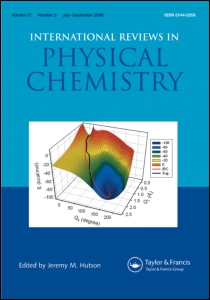
Editorships
Editor of International Reviews in Physical Chemistry (2000-)
Previously Specialist Editor of Computer Physics Communications
Previously served on the Editorial Boards of Molecular Physics and the Journal of Chemical Physics.
Conference Organisation
Chairman of the Organising Committee for Faraday Discussion 142, on Cold and Ultracold Molecules (Durham, 2009)
Chair (with Dan Neumark) of the Gordon Conference on Molecular and Ionic Clusters (Aussois, France, 2008).
Vice-Chair (with Dan Neumark) of the Gordon Conference on Molecular and Ionic Clusters (Ventura, California, 2006).
Organiser (with Roman Krems and John Doyle) of an ITAMP workshop on Ultracold Polar Molecules: production and properties (Harvard University, 2004)
Chairman of the Organising Committee for Faraday Discussion 118, on Cluster Dynamics (2001).
Organiser (with Anne McCoy) of a Telluride Summer Workshop on
Doped Rare Gas Clusters (2002)
and the first of a continuing series on
Spectroscopy and Dynamics on Multiple Surfaces (2003).
Founder of the series of CCP6 Workshops and Organiser of several of them, including
Interactions of Cold Atoms and Molecules (Durham, 2002);
Bose-Einstein Condensation: from atoms to molecules (Durham, 2004).
Computer Programs
MOLSCAT package for quantum-mechanical atomic and molecular inelastic scattering calculations.
BOUND program for calculating the vibration-rotation energy levels of weakly bound species such as Van der Waals complexes.
I-NoLLS, the Interactive Non-Linear Least-Squares package (with Mark Law).
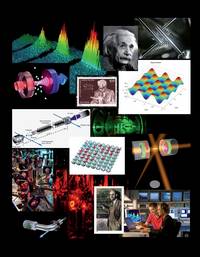
Professional Organisations
C. Chem., FRSC and FInstP
Chair of the Scientific Committee of EuroQUAM, the European Science Foundation EUROCORES Programme on Cold Quantum Matter (2007-2010).
Committee member of the Molecular Physics Group of the Institute of Physics (2005-07)
Board member of the Division of Atomic and Molecular Physics of the European Physical Society (2004-06).
Chairman of CCP6, the EPSRC Collaborative Computational Project on Molecular Quantum Dynamics (1999-2005), and forerunner of CCPQ.
Mailing List
Founder and list owner of the molecular-dynamics-news email list, which distributes news for chemical physics research community. The list is run on the JISCmail Mailing List Service. For information on how to join the list, click here.
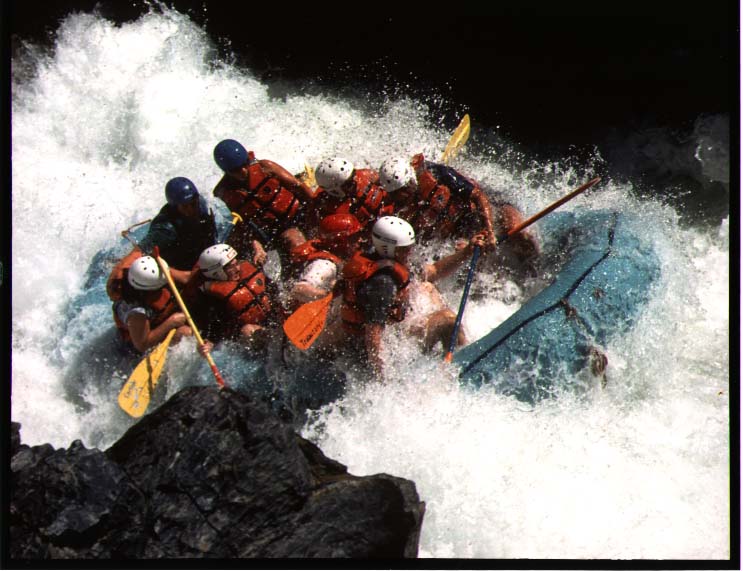
Hobbies
Jeremy’s hobbies have included white-water rafting (though he has been known to fall out of the raft), skiing (though he doesn’t always keep his feet there, either), and hill-walking (which is usually safer).
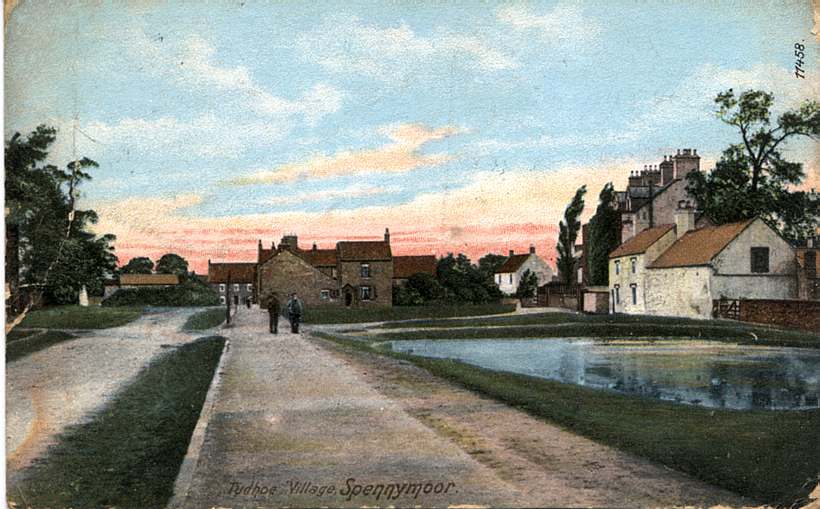
Jeremy is also interested in local history and vernacular architecture, and has written a History of Tudhoe Village in County Durham.
